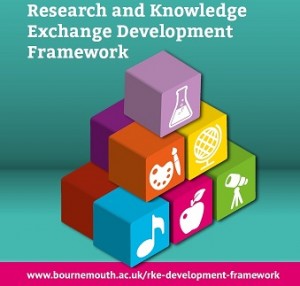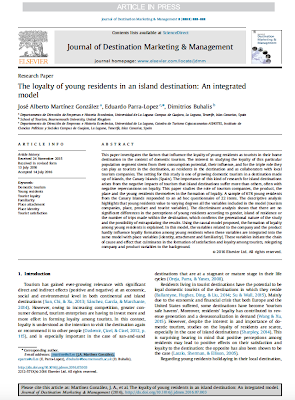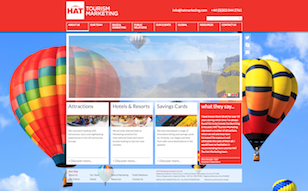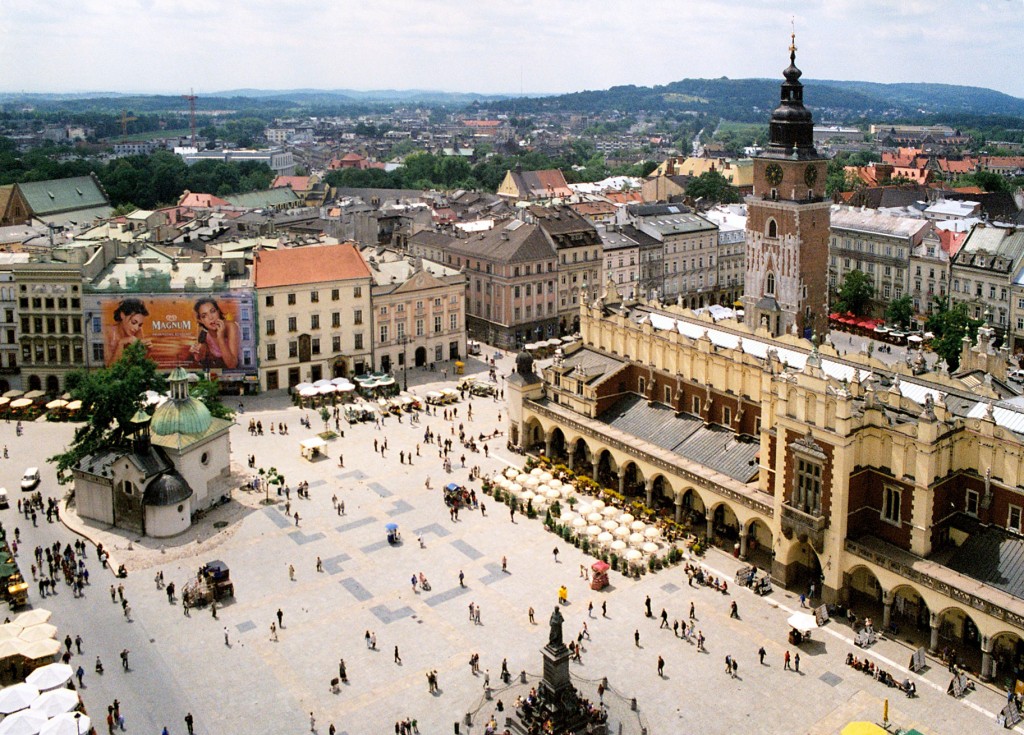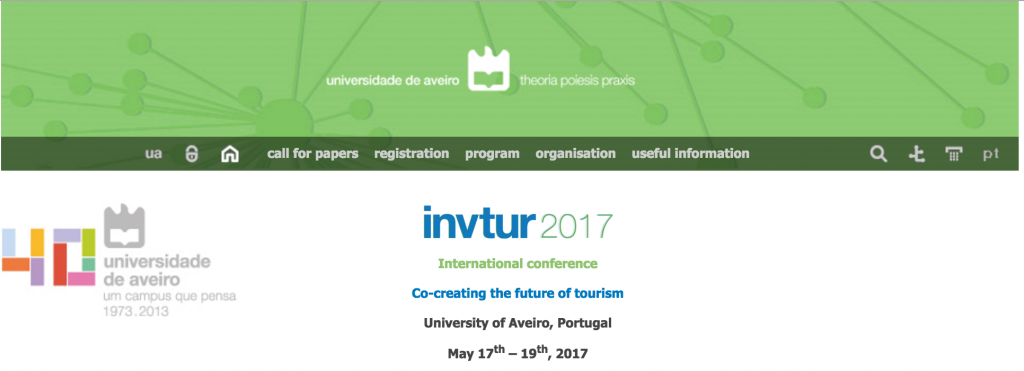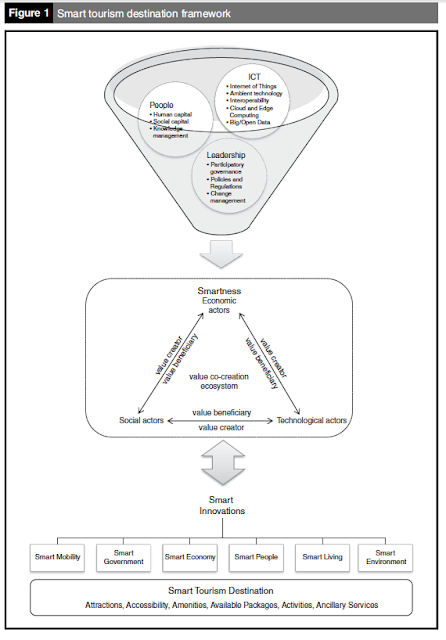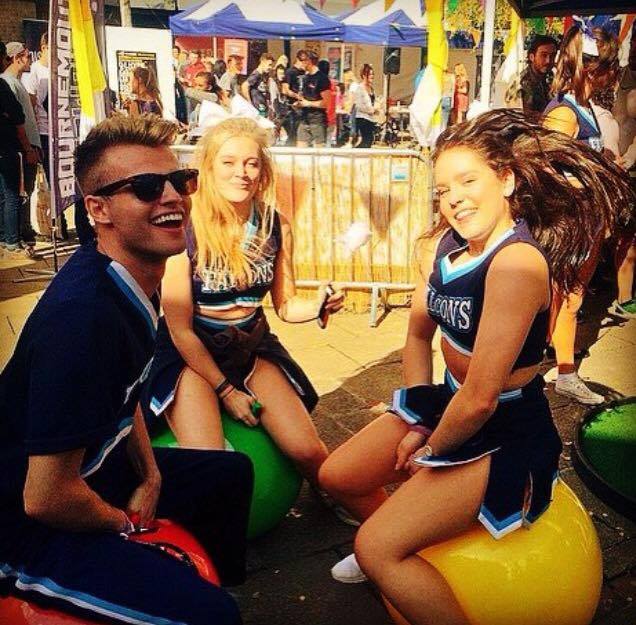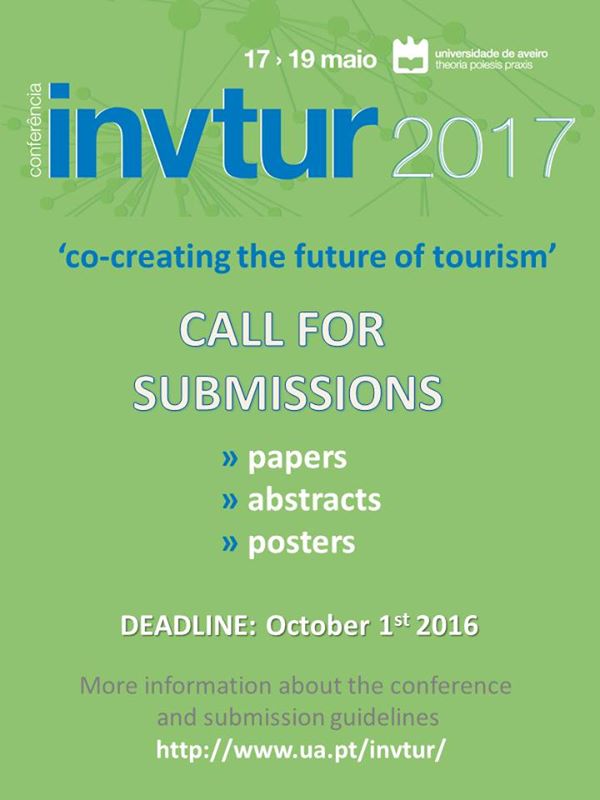Gardens, farms and theme parks see greatest increase in visitors in England in 2015

Results from our latest Annual Attractions Survey show farms, gardens and theme parks reported the biggest growth in visitors with 7% increases for each on last year and wildlife attractions and country parks reporting 4% growth. Of the most visited free attractions, the British Museum again topped the list for the eighth year with 6.8 million visitors, followed closely by the National Gallery with 6 million visitors and the Natural History Museum with 5.3 million visitors. The Tower of London remained the most visited ‘paid for’ attraction with 2.8 million visits followed by Westminster Abbey and Kew Gardens which saw 1.6 million visitors each. In terms of regional visitor admission trends, the East Midlands, West Midlands and the South West saw the most significant growth across all attractions.
Annual Survey of Visits to Visitor Attractions: Latest results
2015 visitor admission trends
 The results from this survey are reported annually, providing an overview of the visitor attraction sector.
The results from this survey are reported annually, providing an overview of the visitor attraction sector.
The survey is carried out through a mix of online and postal interviewing. This approach means we’re unable to verify results provided by individual attractions beyond a very basic ‘sense check’. Read more about ourmethodology (PDF, 123KB)(link is external).
Survey users should also be aware that the lists of English attractions included in the report only feature those that choose to participate and make their results public.
The Annual Survey of Visits to Visitor Attractions is an official statistic and is produced in adherence with the Code of Practice for Official Statistics (2009). You can find out more about what this means by visiting Official Statistics.
If you have any queries about the survey,get in touch. Results of the survey are published according to our release timetable.
2015 Headline results
| RANK | Most visited PAID attractions | Most visited FREE attractions | ||
|---|---|---|---|---|
| Name of attraction | Number of Visitors in 2015 | Name of attraction | Number of Visitors in 2015
(E) = Estimate |
|
| 1 | Tower of London | 2,785,249 | British Museum | 6,820,686 |
| 2 | Westminster Abbey | 1,664,850 | National Gallery | 5,908,254 |
| 3 | Royal Botanic Gardens, Kew Gardens | 1,622,821 | Natural History Museum | 5,284,023 |
| 4 | St Paul’s Cathedral | 1,609,325 | Tate Modern | 4,712,581 |
| 5 | Chester Zoo | 1,516,808 | Brighton Pier | 4,600,000 (E) |
| 6 | Windermere Lake Cruises, Bowness | 1,482,899 | Victoria and Albert Museum | 3,888,374 |
| 7 | Flamingo Land Theme Park and Zoo | 1,470,828 | Science Museum | 3,356,212 |
| 8 | Stonehenge | 1,366,765 | Alexandra Park and Palace | 2,800,000 (E) |
| 9 | ZSL London Zoo | 1,265,911 | National Portrait Gallery | 2,145,486 |
| 10 | Drayton Manor Theme Park | 1,210,141 | British Library | 1579570 (E) |
| 11 | Royal Academy of Arts | 1,096,608 | National Maritime Museum | 1,358,964 |
| 12 | RHS Garden Wisley | 1,087,927 | Tate Britain | 1,284,519 |
| 13 | Roman Baths | 1,044,802 | Imperial War Museum London | 1,102,655 |
| 14 | Colchester Zoo | 964,050 | MAC Birmingham | 1,028,371 |
| 15 | Eden Project | 960,029 | Birmingham Museum and Art Gallery | 909,935 |
| 16 | Canterbury Cathedral | 957,355 | Museum of London | 872,978 |
| 17 | Houses of Parliament | 928,855 | Ashmolean Museum | 848,359 |
| 18 | Tatton Park | 875,000 | Museums Sheffield: Millennium Gallery | 764,639 |
| 19 | Tower Bridge Exhibition | 786,603 | Horniman Museum and Gardens | 758,868 |
| 20 | Royal Observatory Greenwich | 778,865 | Durham Cathedral | 755,000 (E) |
